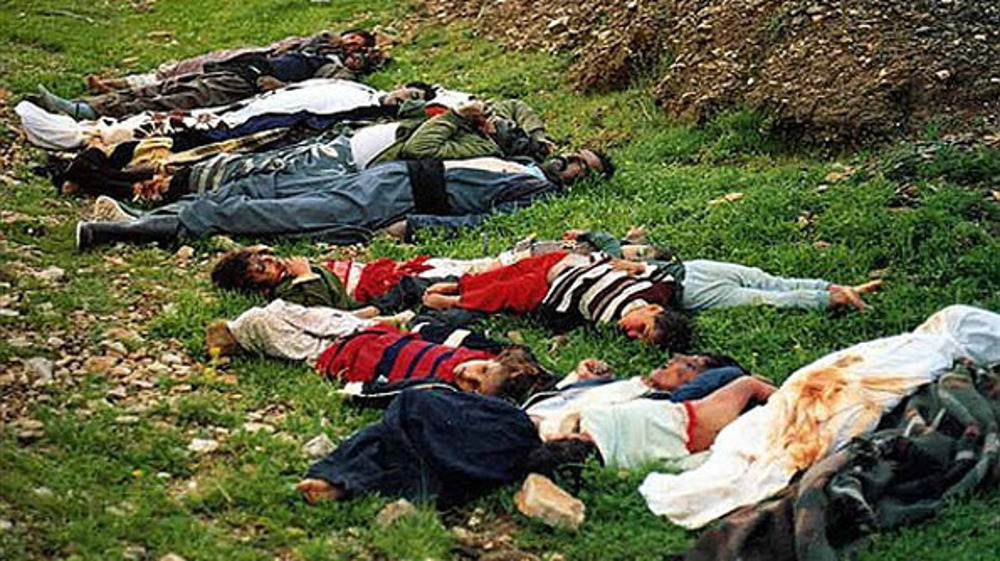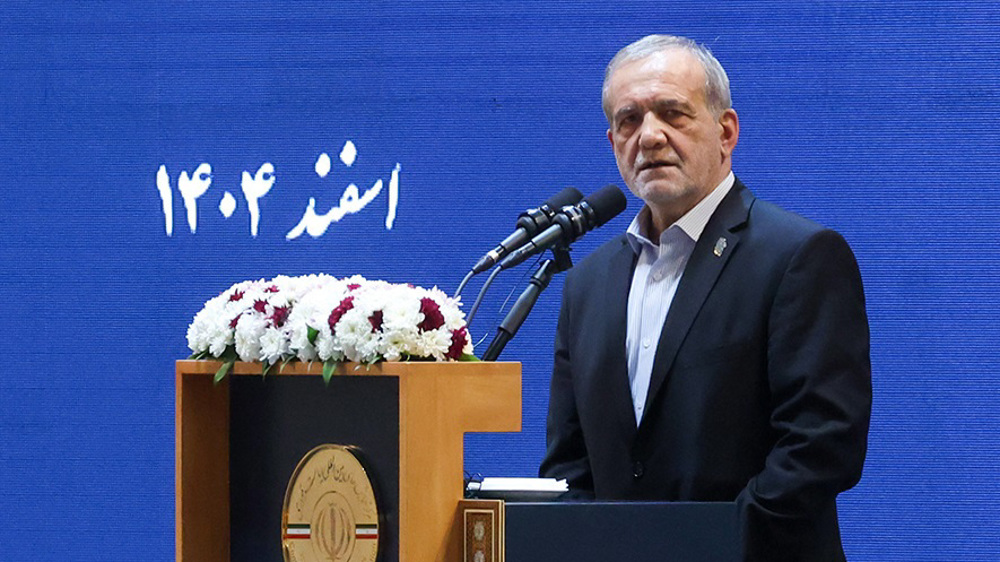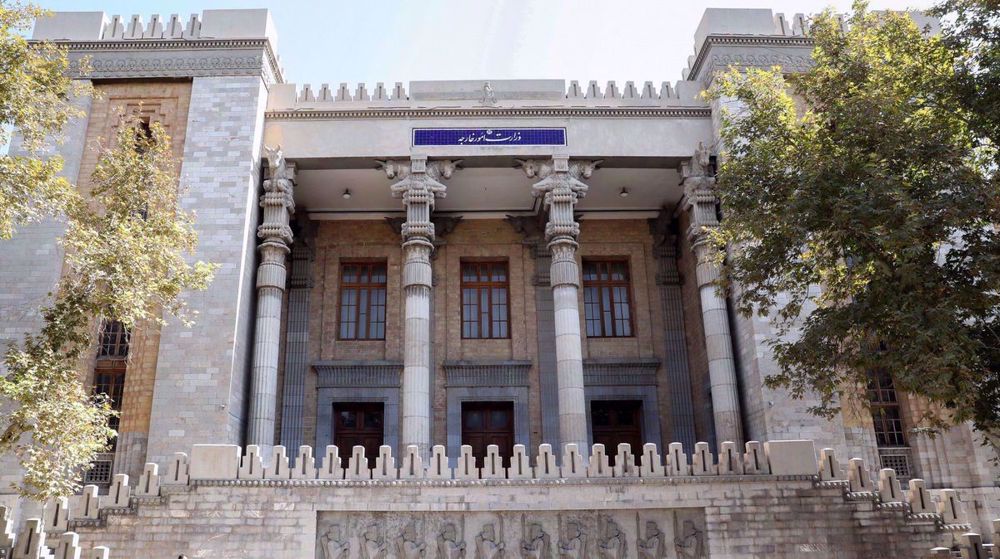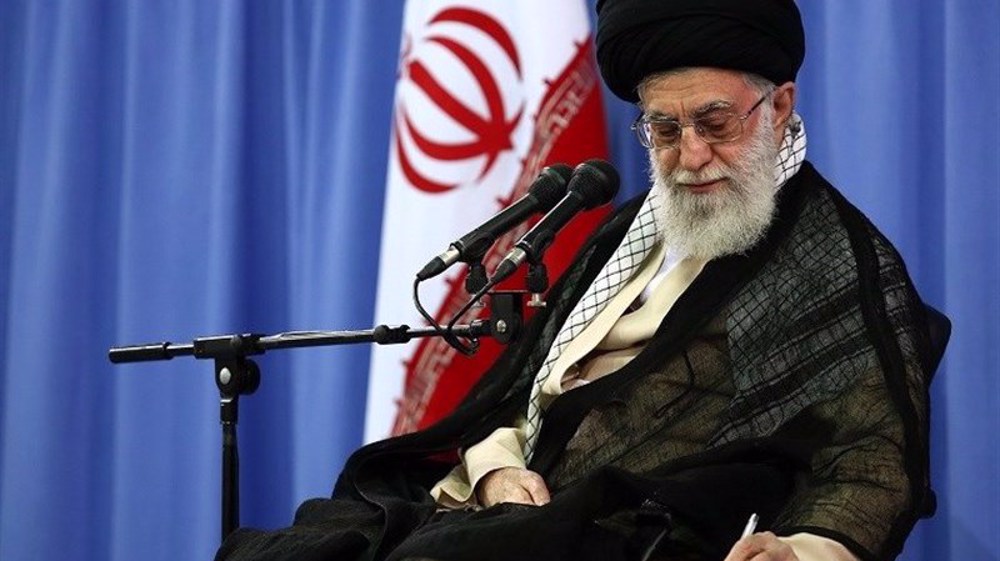Deputy FM: Sanctions hinder access to drugs for Iranian victims of chemical weapons
An Iranian deputy foreign minister says the Islamic Republic is the biggest victim of chemical weapons in contemporary history, stressing that Western sanctions have deprived the country's victims of such weapons of access to essential drugs and medical items.
Reza Najafi, Iran’s deputy foreign minister for legal and international affairs, made the remarks in the fifth session of the Review Conference of the States Parties to the Chemical Weapons Convention in The Hague, the Netherlands, on Monday.
Najafi pointed to the importance of the Organization for the Prohibition of Chemical Weapons (OPCW) and a universal treaty on prohibition of chemical weapons, saying, “The Islamic Republic of Iran, as the biggest victim of chemical weapons in contemporary history, regards any sanctions against independent members of this organization by some member states to be against international law and the Chemical Weapons Convention.”
The Iranian diplomat also underlined the illegality and inhumane nature of the sanctions imposed by the West on the country and called for their immediate removal.
The sanctions have deprived Iranian veterans who have fallen victim to chemical weapons of access to “needed drugs and medical items,” Najafi said.
“It is unfortunate that these loved ones … have fallen victim to the actions of some Western governments twice," he noted.
"Once because these governments sent materials to and [shared] the technology to produce chemical weapons with the [former Iraqi dictator] Saddam [Hussein]'s regime during the imposed war [against Iran], and once again due to the sanctions [imposed] by these governments," he added.
Referring to the Israeli regime’s weapons of mass destruction, Najafi described the illegal entity as the main threat to the peace and security in the West Asia region and called for pressure from the international community to force the regime to join the Chemical Weapons Convention “without any preconditions or delays.”
The Iranian deputy foreign minister also demanded the destruction of chemical weapons in the US as the only State party to the Chemical Weapons Convention to still maintain its arsenal “within a set deadline,” and rejected any excuse for further delay in the matter.
During the imposed war on Iran in the 1980s, the Iraqi army continuously employed chemical weapons against Iranian combatants and civilians, leaving tens of thousands dead on the spot and many more suffering for years to come.
The June 1987 chemical attack on the western Iranian city of Sardasht killed over a hundred civilians and injured another 8,000 people. The chemical bombardment of Halabja town in Iraq’s Kurdistan region also left some 5,000 civilians dead and around 10,000 others injured.
After three decades, many of the survivors of the chemical attack still have to live with the long-term respiratory and even psychological effects of inhaling mustard gas used in the attack.
Palestinians granted only 66 building permits in West Bank over 11 years: Report
Somaliland ready to give US access to its minerals, military bases: Minister
VIDEO | Iran's game changing retaliation boxes- part 1
VIDEO | Iran's game changing retaliation boxes- Part 2
VIDEO | Palestinian widow raises three kids in Gaza as her husband killed by Israel
Palestinian teen killed as raids and settler violence intensify across West Bank
Iran’s layered arsenal primed to deter – and decimate – US warships in Persian Gulf
Iranian commander dismisses US military buildup in West Asia as ‘theatrical gesture’











 This makes it easy to access the Press TV website
This makes it easy to access the Press TV website